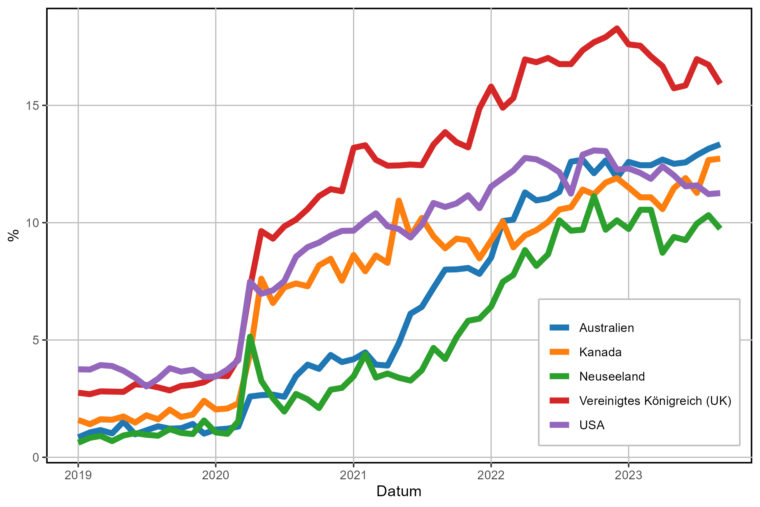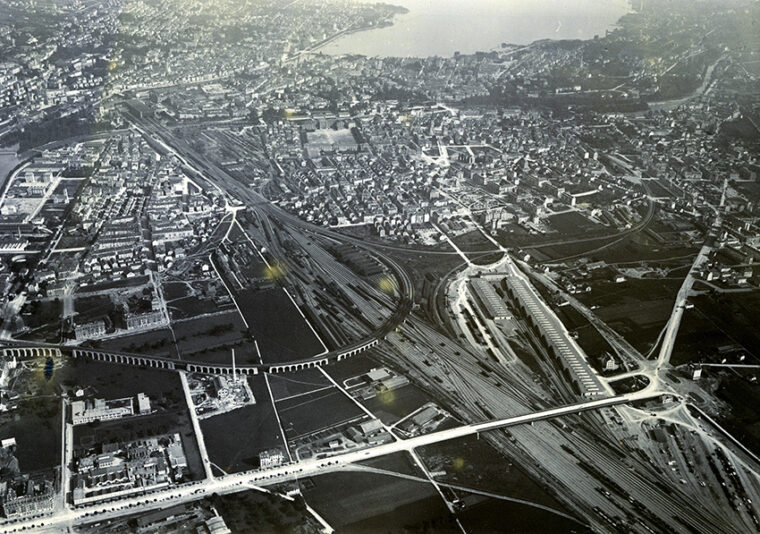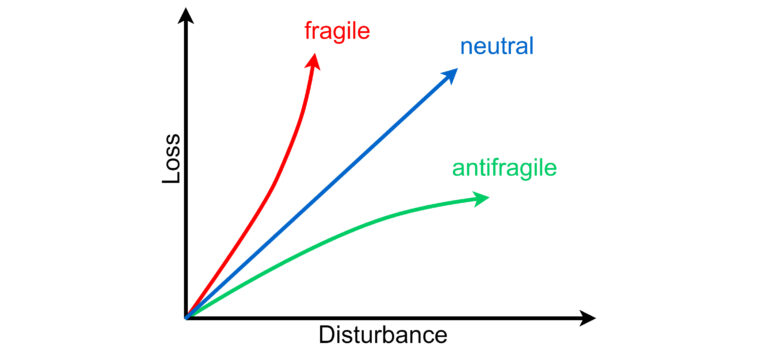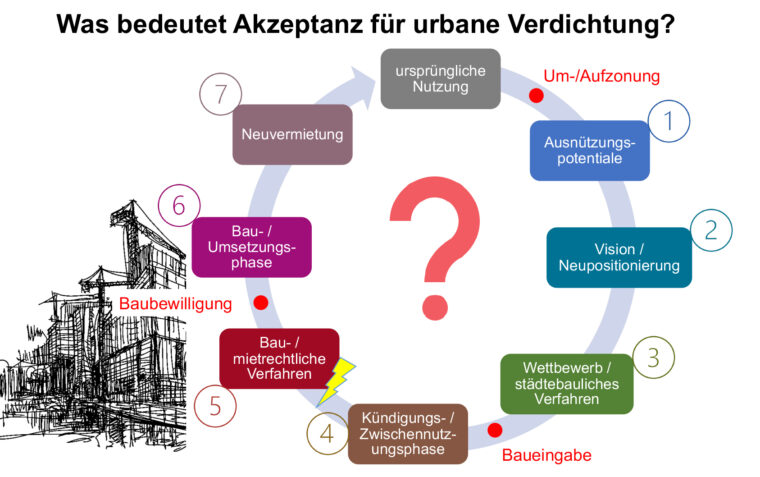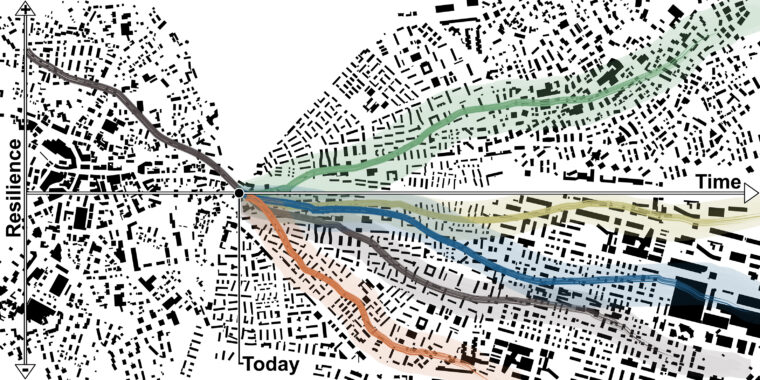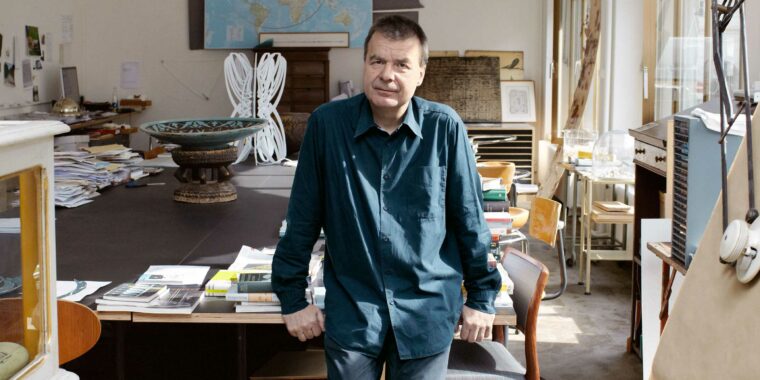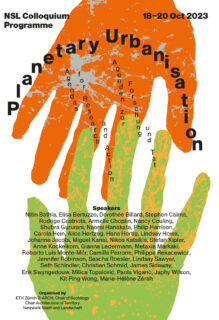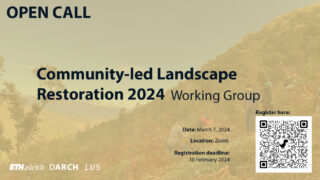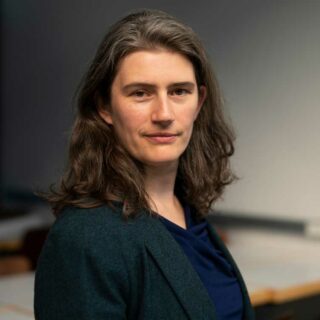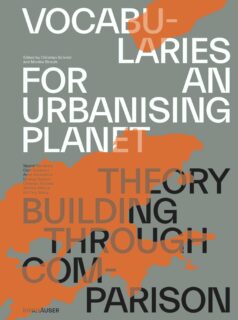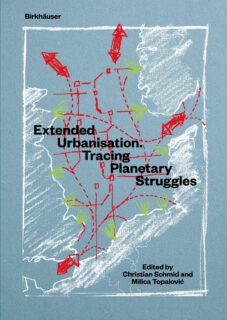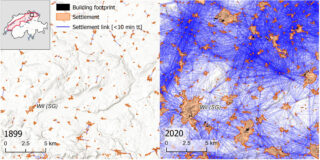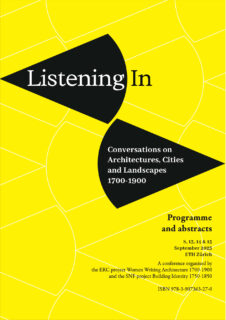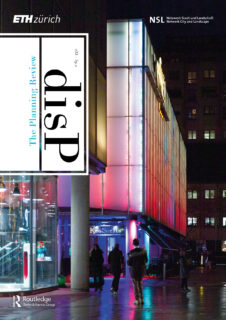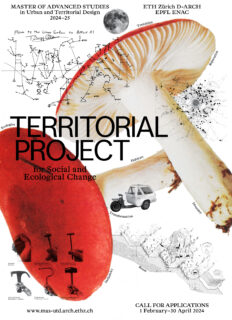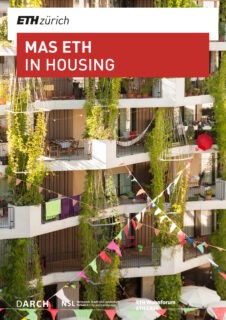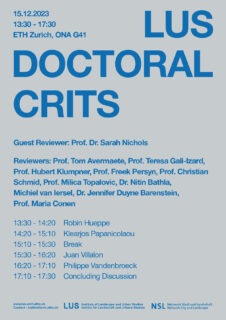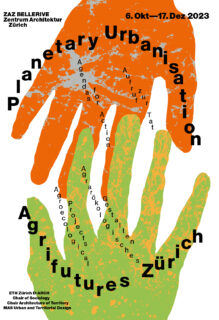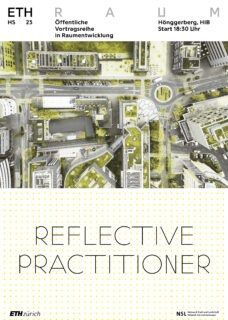Sehr geehrte Lesende
Die urbane Resilienz beschäftigt uns dermassen, dass wir Ihnen gleich sieben Artikel zumuten. Wählen Sie zwischen Verkehrsgleichgewicht durch Home office, Zürichs urbanen Codes, Verdichtungs-Akzeptanz, Transport-Infrastruktur-Planung, wie Antigone antifragil Verkehrsüberlastungen verhindert sowie homogenen urbanen Landschaften. Was auch immer Sie lesen, schauen Sie sich am Ende die Bilder an im spannenden Artikel zum Landschaftsarchitekten Günther Vogt.
Wir wünschen viel interessantes Lesevergnügen.
Sanna Kattenbeck | History and Theory of Urban Design, Prof. Dr. Tom Avermaete
The city of Zurich is a testament to the incredible power of urban codes and their influence on urban form. From the mid-nineteenth onwards, these codes, such as building laws, norms, standards, or even municipal constitutions, shaped and reshaped the city into what it is today. The research project ’City of Codes’ explores how these urban codes, though often highly technical in nature, can be understood as a ‘hidden project’ for the city.
Plus
Johann S. Schuur & Yves M. Räth | Planning of Landscapes and Urban Systems (PLUS), Prof. Dr. Adrienne Grêt-Regamey
Look around you – what do you see? Unique urban landscapes with specific characteristics, identities, and landmarks? Or homogenous urban landscapes repeating similar shapes, materials, colours, and functions? Currently, homogeneity dominates the day-to-day realities of the European population, of which 74% already lives in urban landscapes. Homogeneity is the result of urban development pathways that are resilient to change and lead to the same – undesired – outcomes over and over. Hence, resiliency is not solely a positive concept when it locks us into unsustainable urban development preventing the transformation to more desirable urban realities.
Plus
You missed the keynote speech of Roberto Luís Monte-Mór about extended urbanisation in the Brazilian Amazonia? Or you would like to pick and see one of the panels only? The choice is: New Urban Vocabularies, Concepts of Extended Urbanisation, Agrarian Urbanisms, Urban Design and Territories of Extended Urbanisation, Movements, State Space, Peripheralisation, Extractivism and Infrastructure, and Conversation on Cartographies – you now find all of it on the event website.
Die Departementsleitung Architektur der ETH Zürich hat Prof. Maria Conen und Prof. Dr. Elli Mosayebi ins Leitungsgremium des ETH Wohnforum – ETH CASE gewählt. Sie treten ihre Position am 1. November 2023 als Nachfolgerinnen von Prof. Hubert Klumpner und Prof. Dr. Christian Schmid, langjährige Mitglieder des Direktoriums, an. Plus
Application deadline: 10 February 2024 | Working sessions: 7 March, June, September, December 2024.
The Institute of Landscape and Urban Studies (LUS) at ETH Zurich is delighted to announce the Community-led Landscape Restoration 2024 working group, a transdisciplinary series open to citizen groups, activists, academic researchers, and policy makers.
Plus
Martina Voser (mavo Landschaften gmbh) gilt als eine der anerkanntesten Akteurinnen in der Schweizer Landschaftsarchitekturszene und wurde für ihre Arbeiten mehrfach ausgezeichnet. Ihre Projekte sind nicht nur konzeptionell fundiert und visuell beeindruckend, sondern auch sozial und ökologisch motiviert. Nebst ihren herausragenden Verdiensten in der Praxis prägt sie seit Jahren den fachlich-theoretischen und berufspolitischen Diskurs massgeblich mit. Martina Voser engagiert sich in der Lehre, ist eine gefragte Jurorin, Kritikerin und Expertin und nimmt Einsitz in verschiedenen Kommissionen und Beratungsgremien.
Eva Heinens interdisziplinäre Forschung konzentriert sich auf Mobilität und Verkehr an der Schnittstelle von nachhaltiger Entwicklung, Verkehrs- und Raumplanung und Gesundheit. Ihre Forschungsarbeiten zum nichtmotorisierten Verkehr waren wegweisend für die Gründung einer Interessengruppe innerhalb der World Conference on Transport Research Society (WCTRS). Eva Heinen verfügt zudem über umfangreiche Lehrerfahrung. Mit ihrer Berufung ergeben sich wichtige Interaktionen und Synergien mit anderen Instituten und Departementen der ETH Zürich.
Application: Mid-December 2023 – 30 April 2024.
The MAS UTD deploys the urban and territorial project as the crucial field of knowledge production across scales, based on social and environmental equity and justice and a deeper understanding of the cultural and ecological dimensions of territories.
Plus
Applications: 1 January – 30 April 2024.
This programme aims at contributing to finding solutions to the challenges of housing construction in Switzerland, Europe, and low and middle-income countries worldwide through high-level multidisciplinary training and research.
Plus
Redaktionsteam
Silvia Converso, Institut für Landschaft und Urbane Studien (LUS), Landschaftsarchitektur
Claudia Gebert, Koordinationsstelle NSL, Chefredaktion
Klearjos Papanicolaou, Institut für Landschaft und Urbane Studien (LUS), Städtebau
Maarten Van Strien, Institut für Raum- und Landschaftsentwicklung (IRL)
Jan Westerheide, Institut für Landschaft und Urbane Studien (LUS), Städtebau
Caroline Winkler, Institut für Verkehrsplanung und Transportsysteme (IVT)
